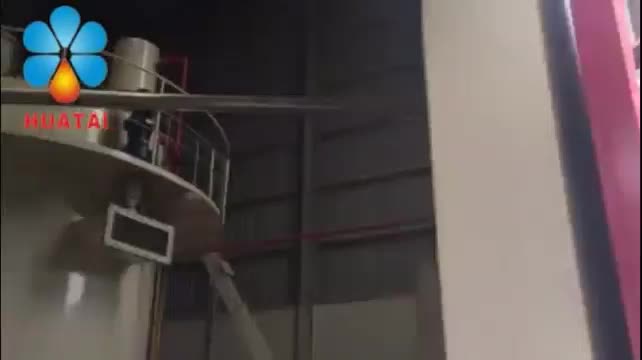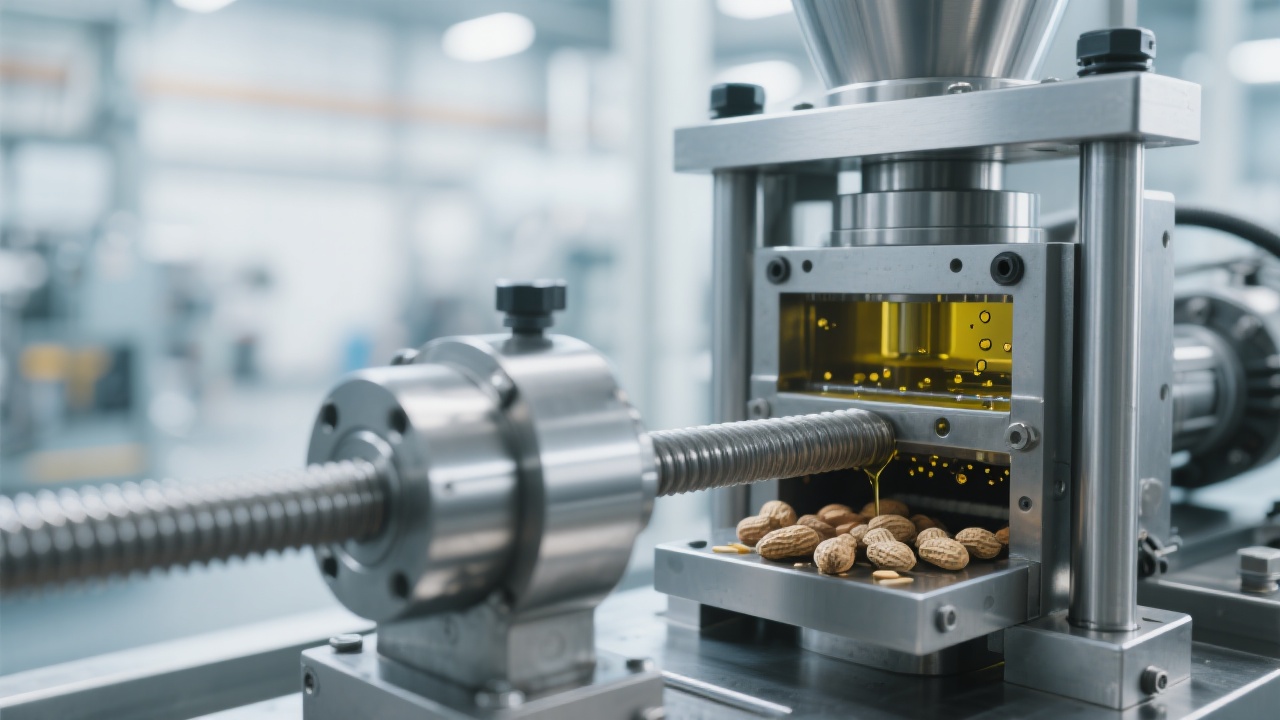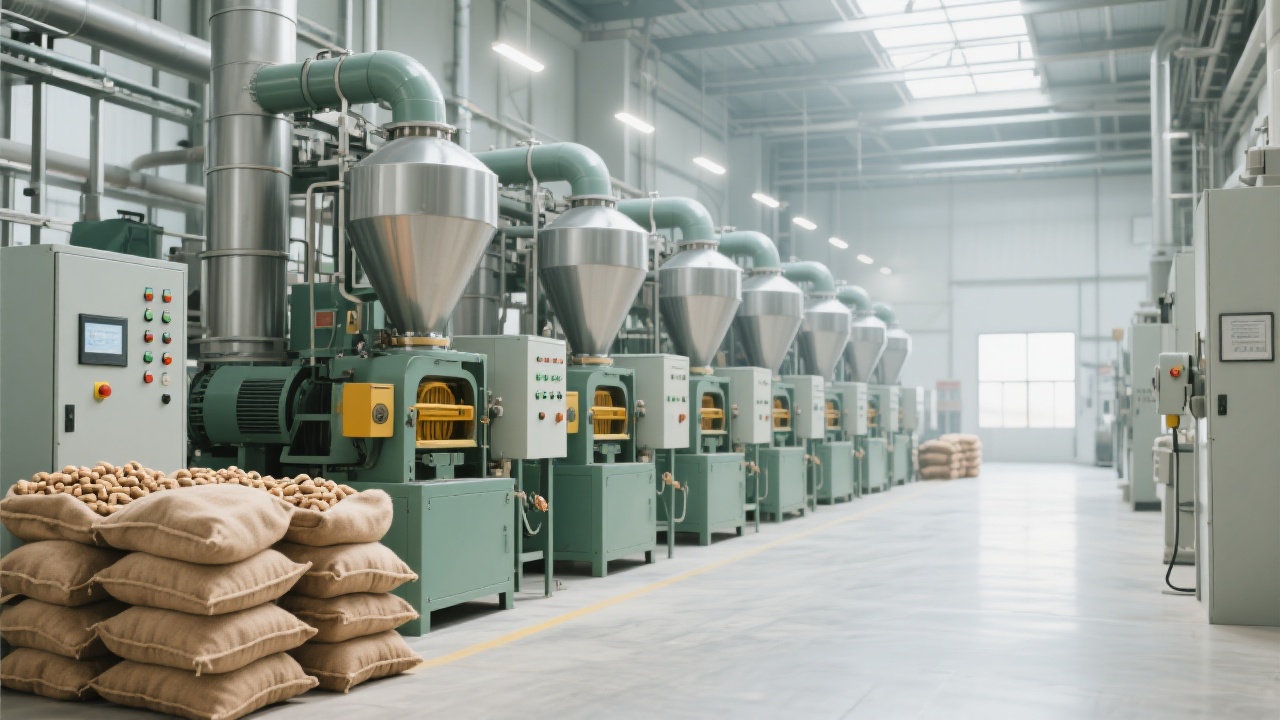
In the competitive global edible oil market, peanut oil exporters often face rigorous quality checks leading to shipment rejections. Common culprits include failure to meet international standards for oil purity, contamination control, and processing parameters. This article comprehensively dissects the quality certification process under HACCP (Hazard Analysis and Critical Control Points) and ISO 22000 standards, pinpointing key control points from raw material selection to finished product testing. It also highlights how incorporating advanced intelligent control systems in peanut oil pressing lines minimizes human-induced variability by up to 30%, enhancing product consistency and compliance.
Peanut oil quality depends heavily on several critical factors:
Failure to comply with these parameters is a frequent rejection cause by border inspection agencies.
HACCP's systematic framework ensures identification and management of hazards across the peanut oil production chain:
| Stage | Critical Control Points (CCP) | Monitoring |
|---|---|---|
| Raw Peanuts Intake | Aflatoxin testing, moisture content | Batch sampling & lab analysis |
| Pressing Process | Temperature control (70–90°C) | Continuous sensor monitoring |
| Oil Filtration & Storage | Peroxide value and moisture limits | Regular chemical tests |
ISO 22000 certification dovetails by integrating food safety management systems, ensuring traceability, supplier control, and continuous improvement aligned with global trade compliance.
Automation significantly boosts compliance and product reliability. State-of-the-art peanut oil pressing lines equipped with intelligent control systems can:
For instance, integrating automatic temperature sensors and feedback loops into pressing lines ensures both safety and oil freshness while meeting environmental compliance.

A major exporter based in Southeast Asia reported a 40% decline in shipment rejections after implementing HACCP and ISO 22000 protocols combined with an automated pressing line upgrade. Their peroxide values dropped from an average 15 meq O2/kg to under 8 meq O2/kg, well below international thresholds. Furthermore, traceability improved, with batch records accessible instantly, expediting customs clearance.

Beyond compliance, the industry trend pivots towards sustainable processing. ISO 22000-certified producers increasingly adopt energy-efficient presses and eco-friendly packaging to meet consumer demand and regulatory pressures in markets like the EU and North America.

“Implementation of HACCP and ISO 22000 standards not only guarantees product safety but also enhances global trade trust and opens premium market opportunities.” — International Food Safety Authority
Ready to elevate your peanut oil production line to international standards? Discover Automated Press Solutions for Superior Quality & Compliance

